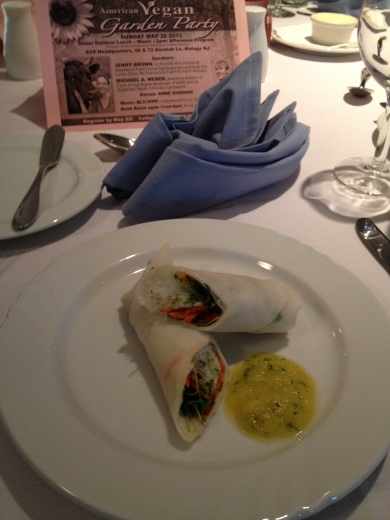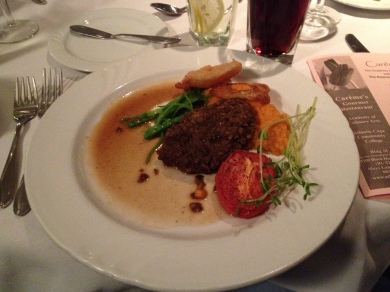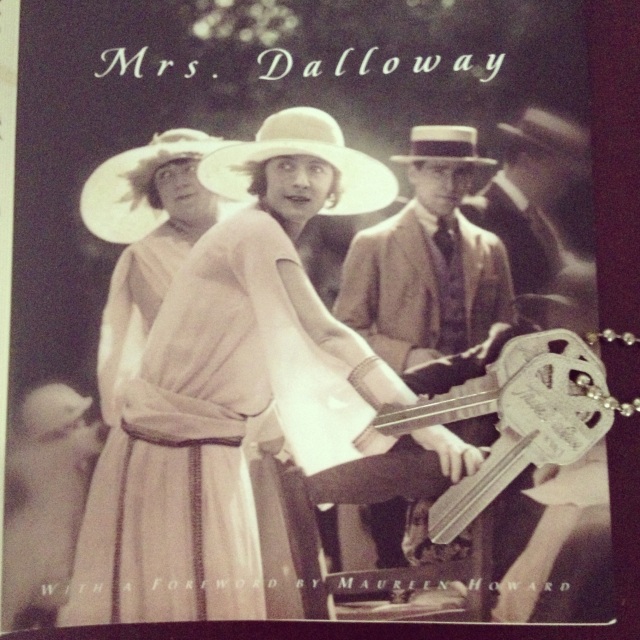[As of setting stylishly be-socked foot in the classroom on September 4, I am a tenured Assistant Professor of English here at the college. Here is part of the opening narrative I put together for the tenure packet.]
I have spent most of my life here at Atlantic Cape Community College. When I was four or five, I went to the daycare center in “J” building; I remember parading around campus on Halloween, collecting treats from the secretaries in the offices. When I was a bit older, I can still recall certain magical days over spring break or other holidays being locked in my mom’s office in “B1” or allowed to hide away and read in one of the silent study rooms in the library. In middle school, I attended the ACC Summer Kids Camp, taking lessons in chess and karate. In high school, before dual enrollment existed, I spent the summer after my junior year in Adjunct Professor Rich Weems’ Creative Writing I class;[1] after my senior year, I enrolled in Psychology 101 with Dr. Marty Marino. When I graduated from high school, I did what many eighteen-year olds do: I went away to a small college in Virginia, built near an old Civil War battlefield, a place that looked idyllic enough in the brochure. I thought I was supposed to study something like medicine; I was miserable. When I left one weekend in October and decided not to return, I was unsure what the world would make of me. In January, during what had become the winter of my discontent, I enrolled as a full-time student here at the college. Working with Mary Yoa, Ron McArthur, Jim MacNair, and especially Gerri Black that spring semester, I felt the beginning of something take root and begin to develop, an appreciation for the human experience as expressed through our history, social and technological developments, and our writing. I graduated the following spring with associate’s degrees in General Studies and Liberal Arts and was accepted to New York University, where I completed my bachelor’s degree in English. Looking out at my own classes here at the college, both during my years as an adjunct and now for the past five years as an Assistant Professor of English, I am reminded of Whitman (and of reading Whitman in John Pekich’s Humanities class); Whitman, who writes in “Crossing Brooklyn Ferry” that “I am with you, you men and women of a generation, or ever so many generations hence, / … / I too felt the curious abrupt questionings stir within me.” In the same rooms where I once watched my professors and waited for my life to begin, only to realize later that it already had, so, too, do my students now watch and wait. Where I wondered or worried about where life was headed, while already well upon the journey, my students now wonder and worry, looking to me for direction, me who has been there––and who knows how it is.
I feel this same sense of synchronicity when I am in my current office, which used to be Gerri’s office (where I would come to sit and to work as a student and editor of Rewrites; now the advisor to Rewrites); sitting in the same chair that once belonged to former department chair Mary Tower. Here, as I meet with students or (as English coordinator) adjunct professors, there is a sympathy I find with our shared history both as a college and in my own personal story. In November 2013, when I led the IRC book discussion on Muriel Spark’s The Prime of Miss Jean Brodie, I was reminded by the authors that the etymology of the word educationcomes from the Latin ex(“out of”) and ducere(“to lead”): thus, a leading outof knowledge. This is supported in an active, democratic learning space, which I first experienced in my Master’s in Teaching program at The New School (formerly, New School University). In this program, I took classes my first semester with titles such as Curriculum and Pedagogy in Urban Schools; Language and Learning (in which we traced our own relationship to English in a language autobiography); Youth, Identity and Culture; and Teaching for Social Change. Our readings included works by Paulo Freire, bell hooks, Mina Shaughnessy, and Lisa Delpit’s Other People’s Children. We also received placements for our observation and student-teaching work that first semester. Because at the time I was living in Astoria, Queens, I was paired with a Language Arts teacher at Middle College High School, a charter school on the campus of LaGuardia Community College. Students at Middle College who graduated with a high GPA were provided free tuition to attend LaGuardia; students who were successful at LaGuardia were given scholarship money towards completing their bachelor’s work. This was long before neighboring programs, such as New Jersey’s STARS. Now, as I look back, I see in my time at Middle College High School the delicate intersection of my experience as a college student, my work as a high school teacher, and my future as a professor at the community college.
The week before I began my observation work at Middle College, September 11th happened. When classes resumed the next week, students in the Language Arts class were beginning Chinua Achebe’s Things Fall Apart, which takes its title from W.B. Yeats’ poem “The Second Coming.” The teacher passed out the poem and read through it with the students. “The centre cannot hold,” Yeats writes. “Mere anarchy is loosed upon the world.” Sitting in a classroom across the river from where the twin towers still smoldered, the students were immediately animated in their response. One student claimed, “This guy predicted 9/11!” All of us across the country, but especially in the city, lived in a trance-like state of carrying on that September. But in the classroom, I found there was something more than just a performance of normality. I found in the classroom that there was a sanctuary, too. The world may still have seemed to be falling apart outside, as we were reading “Things fall apart” (Yeats), but we were able to, if not make sense of what had just happened, find a certain comfort in our discussions. I still find that solace when I am in the classroom today. We are led out of ourselves in order to connect with the work of others and to articulate (usually in writing) our own ideas and experiences. As literary scholar Harold Bloom notes in “How to Read and Why,” “Reading well is one of the great pleasures that solitude can afford you, because it is, at least in my experience, the most healing of pleasures. It returns you to otherness.” As writers, we want to know that our experiences and ideas matter to our audience: “to make them believe,” as Henry Miller demands, and as I urge my students. It is also why my favorite essay, which I often use in Composition I, is Audre Lorde’s “The Transformation of Silence into Language and Action.” In this, Lorde says, “Your silence will not protect you. [… It] is necessary to teach by living and speaking those truths which we believe and know beyond understanding. Because in this way alone we can survive, by taking part in a process of life that is creative and continuing, that is growth.”
I know that I have grown as a teacher since my observation and student-teaching work at Middle College; since my years at Northern Highlands Regional High School and at Mainland; since my time spent as an adjunct at Atlantic Cape and at Stockton. I have grown and yet not forgotten, for the art of teaching requires frequent and active reflection.
September 2017
[1]This class was held at Mainland Regional High School, where ten years later I would return to teach in their English Department, though I could never have foreseen any of that at the time. Only in retrospect can one fully trace all the predictive threads of a life.














